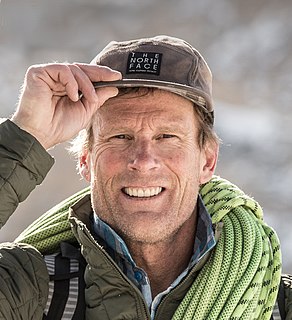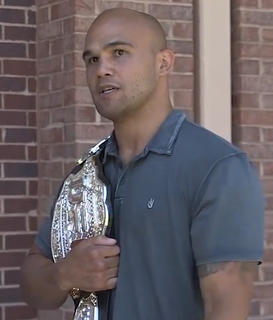A Quote by Conrad Anker
It takes a lot of resources to climb Everest, and a lot of other people. But you should go do it.
Related Quotes
To maintain a consistency when people come to see the band takes a lot of work; it takes a lot of discipline. I go to the studio every day and sing and play. I never did that when I was, like, 30. I'd probably have a drink and walk on - and see what comes out. But now if there's ten albums' worth of material people are coming to hear some of, and they've paid money for a ticket, you become a different person when you go on and you want to give the best show you can. You want to be better at what you do.
Everest has a special place in all of our imaginations. For centuries, Everest was a little bit like the moon. It was the place where everyone wanted to go. Empires wanted to be able to say that they were the first to put a climber on top of Everest. So when a tragedy happens up on that mountain, I think it has a global resonance. Everybody's heard of Everest. Everybody knows what Everest is and what it means, and the significance.





































